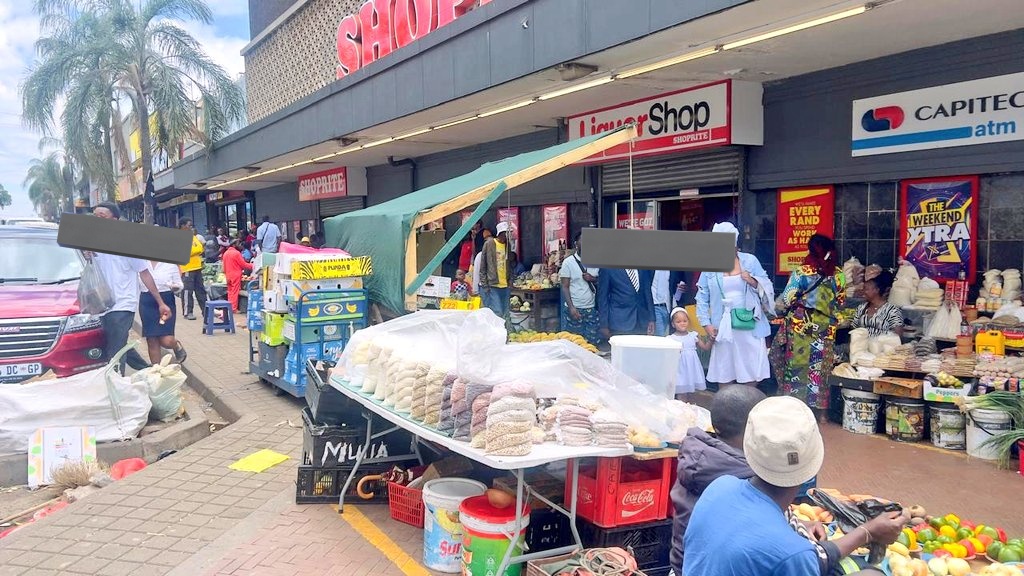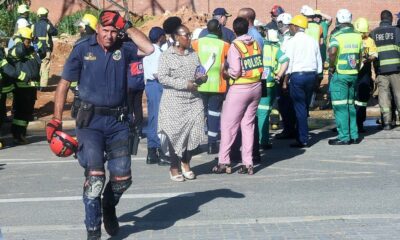For years, the bustling pavements of central Johannesburg have been a stage for a silent war. On one side, the city’s street traders, the lifeblood of the inner-city economy, fighting for a sliver of space to earn a living. On the other, city officials citing by-laws, public safety, and disorder.
This month, that conflict boiled over into evictions. And now, a High Court judge has stepped in to call for a truce.
In a significant ruling, Judge Brad Wanless has ordered the City of Johannesburg to speed up the verification and registration of street traders, giving them just two weeks to create a transparent and legal process. This comes after the Socio-Economic Rights Institute (SERI) took the city to court on behalf of traders who were recently removed from the streets.
The City’s Tightrope Walk
The MMC for Public Safety, Mgcini Tshwaku, has confirmed the city will comply with the order. But his statement reveals the delicate balancing act the city is trying to perform.
While pledging to follow the court’s directive, Tshwaku stood by the city’s original concerns about areas like De Villiers Street. He described it as a “potential risk area” plagued by “uncontrolled crowds, escalating crime, litter accumulation and the presence of undocumented foreigners posing security concerns.”
His words highlight the city’s core argument: it isn’t against trading, but against chaos. The challenge, now mandated by the court, is to separate the legitimate economic activity from the genuine public safety threats.
What the Court Demands
Judge Wanless’s order is specific. The city’s new process must be swift, transparent, and fully compliant with the law. It must be fair, non-discriminatory, and respect the constitutional rights of every trader.
In a telling part of his response, MMC Tshwaku acknowledged the “significant economic contribution of informal traders” and confirmed the city’s role should be that of a “regulator, rather than a prohibitor.” This is a notable shift in tone, recognizing that the vibrancy of Johannesburg is inextricably linked to its informal economy.
The Path to a Permit
For traders, the path to legitimacy is now clear, at least on paper. The city has announced that registration will take place at 66 Jorissen Place in Braamfontein.
The eligibility requirements draw a firm line in the sand:
This last point directly addresses the city’s concerns about undocumented migrants, moving the debate from the pavement to the paperwork.
A Critical Moment for the City
This court-ordered reset is a critical test for Johannesburg. It’s a chance to move beyond the cycle of evictions and protests and to build a system that works. A system where traders can operate without fear, and the city can maintain order without crushing livelihoods.
The success of this two-week blitz will be measured not just in forms processed, but in whether a new, more cooperative relationship can be forged on the crowded, vibrant streets of the city centre. The pavements are waiting.
{Source: Timeslive}




























